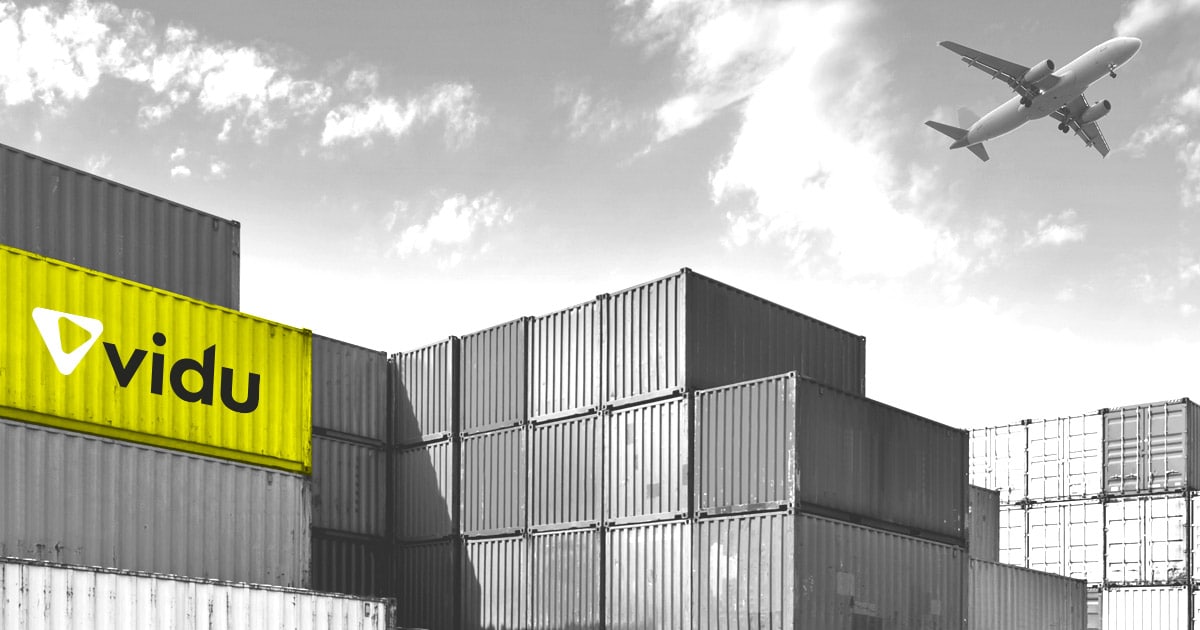Wherever you are in the world, you can pretty much guarantee that there is a need for logistics. The global logistics industry has grown significantly over recent years, so much so that it has become a crucial sector within businesses worldwide.
Effective logistics plays an important role in connecting businesses to domestic and international markets through reliable supply chain networks. On the flip side, countries characterized by low logistics performance face considerably higher costs, not solely down to the cost of transportation but also as a result of unreliable supply chains.
Every two years, the World Bank publishes a Logistics Performance Index reporting on the logistics competencies of most nations across the globe. The countries are measured against six attributes in order to determine their ranking; customs, infrastructure, ease of shipping arrangements, quality of logistics services, tracking and tracing, and timeliness.
Unsurprisingly, the UK takes a spot among the top 10 year-upon-year, marking it as one of the major players in international logistics. Germany, Sweden and Belgium came in at first, second and third place respectively and rating at the very lowest for 2018’s report were Burundi, Angola and Afghanistan.
Whilst approaches to logistics and competencies in supply chain management may differ from country to country, the basis remains the same – to ensure that the right things get to the right place, and at the right time.
Here at Vidu, we have worked with some of the largest organisations across the world to recruit for various logistics roles, meaning that we benefit from understanding logistics not just from a UK perspective but also from an international one.
As experts in logistics recruitment, we recruit for roles all over the world. If you’re looking to start a new career journey in a logistics role overseas, get in touch with us today to find out how to make the first step in creating your profile.
More articles

